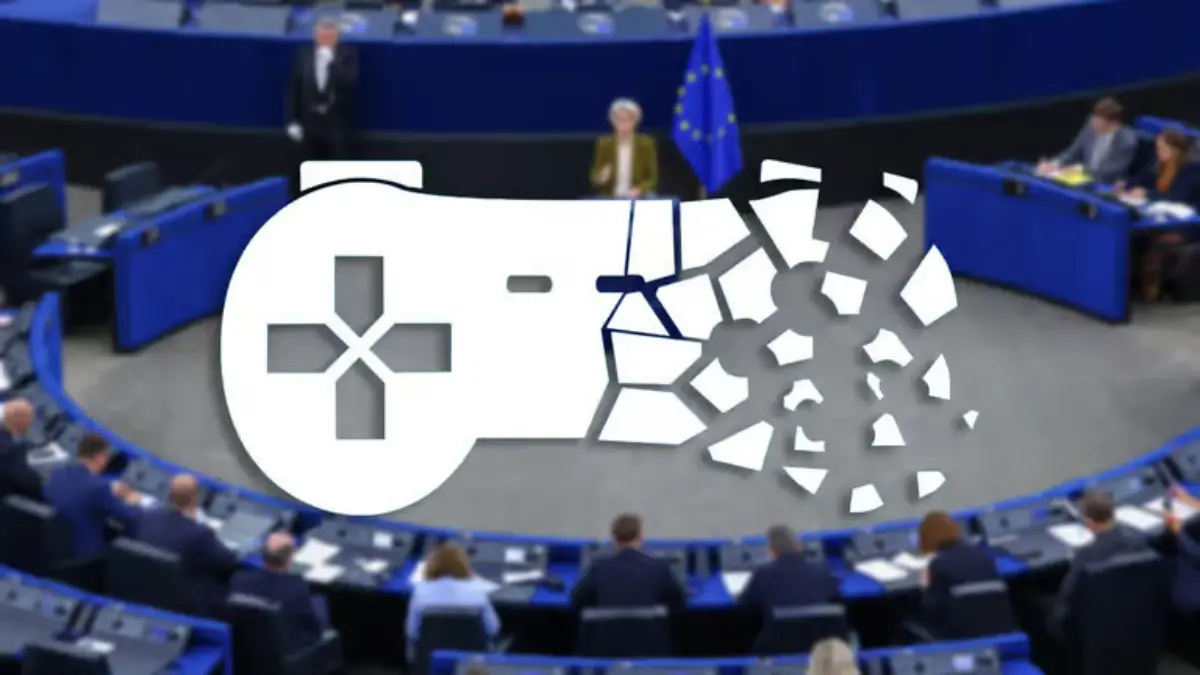The Stop Killing Games initiative just cleared its biggest hurdle yet. After collecting roughly 1.45 million signatures from EU citizens, early verification reports show an impressive 97% validity rate. That puts them well over the one million verified signatures needed to force the European Commission to respond.
Campaign organizers are wasting no time. They’re already preparing to meet with Members of the European Parliament and drafting counter-arguments to anticipated industry pushback. Some of their strategy remains under wraps to prevent disruption attempts.
The initiative tackles a growing problem that frustrates millions of gamers. When publishers shut down servers for online-dependent games, players lose access to titles they paid for. High-profile casualties include The Crew, Babylon’s Fall, and Marvel’s Avengers. Your $60 purchase essentially becomes worthless overnight.
Ross Scott, creator of Freeman’s Mind and the campaign’s most visible advocate, has been championing this cause for years. The initiative aims to require publishers to keep games playable after support ends, whether through releasing server tools or removing online dependencies.
The numbers look solid. With 1.45 million signatures and a 97% validity rate, they’re projecting around 1.4 million verified signatures. They also need to hit minimum thresholds in at least seven EU countries, which early reports suggest they’ve achieved.
European Citizens’ Initiatives work differently than petitions. Once verified, the European Commission must meet with organizers and the European Parliament typically holds a public hearing. Within six months, the Commission has to formally respond with their decision on whether to propose new legislation.
Game over for kill switches?
The gaming industry will likely push back hard. Publishers profit from forcing players to buy newer titles when older games shut down. But with consumer protection gaining momentum across the EU, the timing might finally be right for change.
Success isn’t guaranteed. Even if the Commission agrees to act, any legislation would need approval from both the European Parliament and EU member states. The final rules might be narrower than what campaigners want, potentially focusing on disclosure requirements rather than preservation obligations.

